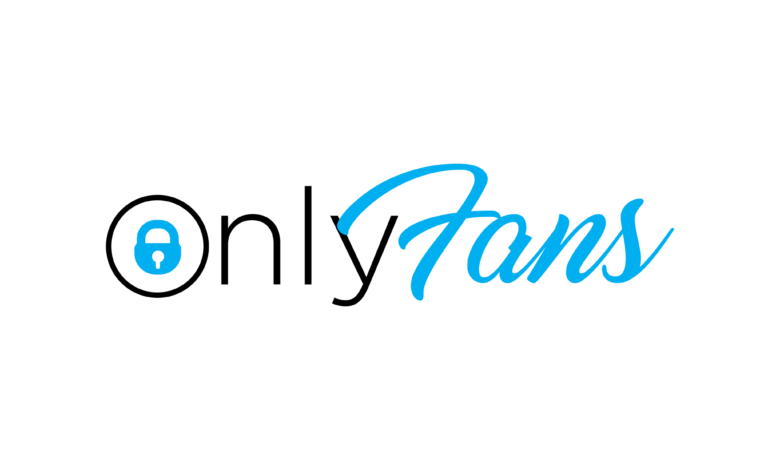Michigan Educator Dismissed Over OnlyFans Content: A Complex Intersection of Privacy and Professionalism

In an event that has sparked widespread debate about personal boundaries and professional conduct, a teacher from Michigan finds herself at the center of a controversy that has broader implications for workplace policies and individual privacy rights. The educator, whose identity remains protected due to privacy concerns, was terminated from her position after school officials discovered she had an OnlyFans page—a platform commonly associated with adult content.
This incident has ignited conversations about the extent to which an individual’s online activities can impact their professional life. The teacher, reportedly using the platform to supplement her income, faced immediate dismissal upon the discovery of her page, with the school citing a breach of moral and ethical standards expected of its staff. The case raises critical questions about personal freedom, digital expression, and the boundaries of employer intervention in the digital age.
Critics argue that such actions infringe on personal privacy and individual rights, suggesting that activities conducted in one’s personal time, which do not affect their professional responsibilities, should not be grounds for employment decisions. This perspective emphasizes the need for a clear separation between personal and professional lives, advocating for a reassessment of how moral clauses are applied in employment contracts.
Supporters of the school’s decision, however, highlight the unique position of trust and influence teachers hold in relation to young minds, arguing that maintaining a professional image both inside and outside the classroom is essential. They stress the importance of setting examples for students that align with the values and standards of the educational community.
The unfolding situation in Michigan is a potent reminder of the evolving challenges faced by professionals in the digital era. It underscores the delicate balance between maintaining professional integrity and respecting individual freedoms. As digital platforms become increasingly intertwined with daily life, this case serves as a critical touchstone for ongoing discussions about privacy, professionalism, and the right to personal expression outside the workplace.
The resolution of this case could have significant implications for employment practices across various sectors, urging a reevaluation of policies to accommodate the complexities of modern digital life while upholding the standards and expectations inherent to each profession.





